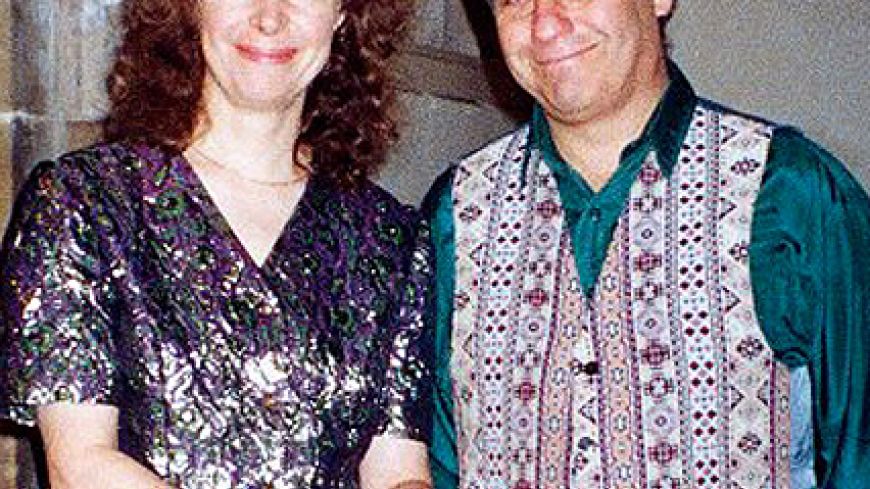
Anthony Goldstone and Caroline Clemmow brought warmth, enthusiasm and clarity to a recital designed to give further recognition of the work of Hans Gál. Turnabout they introduced each piece with fascinating details that even the specialist audience may not have known. Nor, but not quite turnabout, were they working the same end of the Yamaha’s keyboard for each piece.
Gershwin’s Cuban Overture, played in the composer’s original piano duet form, was written following his visit to Cuba at height of its period as the party goers heaven for visiting Americans. We heard the Friendship Rondo because Hans Gál was fond of Schubert’s music and we learned that Schubert had written it to play with a particular friend. Like Gál he was Austrian but Gál’s life took him away, first to Germany and back to Vienna before arriving in England and then being invited to join the music faculty at the University of Edinburgh where he remained for the rest of his career.
Poor eyesight prevented Gál from the front lines of the Great War and his war was spent in Belgrade. It was here in an extraordinary melting pot of faiths and backgrounds that he collected folk tunes. Anthony Goldstone and Caroline Clemmow played his six Serbian Tunes to the acclaim of the audience.
After the interval we heard Gál’s delightful Three Marionettes - for he was fond of puppetry - written in 1958.
Rummaging around a music shop in old Russia and with a few rubles to spend before returning home Caroline Clemmow told us how she brought a pile of duet music. However, not for some time, did she discover that her piano duet version of Tchaikovsky’s Romeo and Juliet was arranged not by Nikolai Rimsky-Korsakov but, having had the spelling in Russian of the female surname pointed out, by his wife Nadezhda. Nobody can but love this, and all the evening's music, which seemed all the more special played in the historic Canongate Kirk by such experienced pianists.
Event: Wednesday 24 February 2010 7.30 pm.

